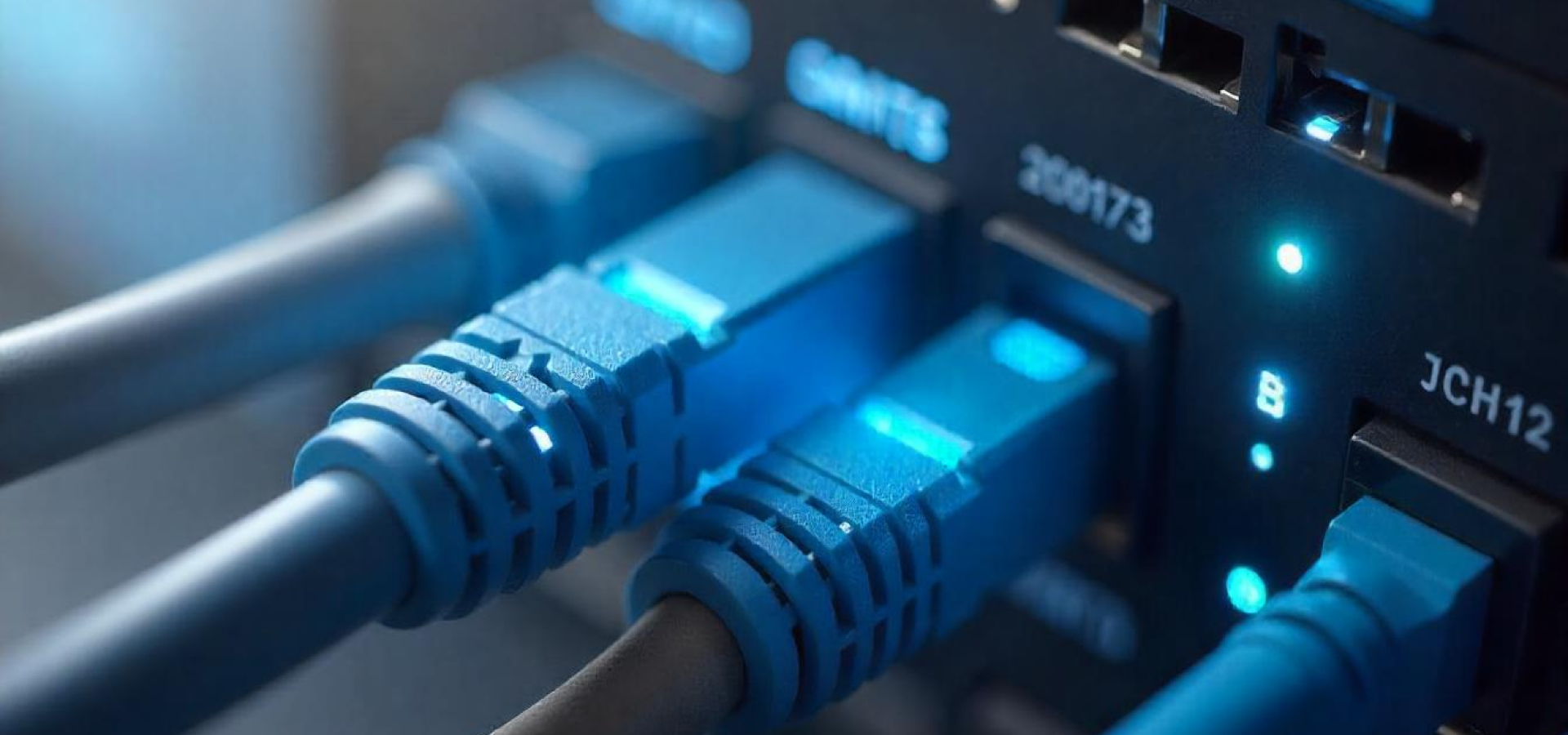

Home networking issues can be frustrating, disrupting your internet connection and affecting your daily activities, whether you’re working, streaming, or gaming. Understanding how to troubleshoot common networking problems can save you time and help you restore connectivity quickly. This guide outlines effective troubleshooting steps for resolving common networking issues at home.
The first step in troubleshooting any network issue is to check your hardware connections. Ensure that your modem and router are plugged in correctly and that all cables are secure. Restart your modem and router by unplugging them, waiting for 30 seconds, and plugging them back in. This simple step can often resolve connectivity problems.
Sometimes, incorrect network settings can cause connectivity issues. On your device, go to the network settings and check if you are connected to the correct Wi-Fi network. Ensure that you have entered the correct password. If using a wired connection, check the Ethernet cable for any damage or loose connections.
Most operating systems have built-in network troubleshooting tools that can help diagnose and fix common issues. For Windows, navigate to Settings > Network & Internet > Status, and click on "Network troubleshooter." For macOS, you can use the "Network Diagnostics" tool. Follow the prompts to identify and resolve issues automatically.
Wi-Fi networks can be affected by interference from other devices, such as microwaves, cordless phones, and neighboring networks. To minimize interference, ensure your router is placed in a central location away from other electronic devices. You can also change your Wi-Fi channel in the router settings to reduce interference from nearby networks.
Outdated router firmware can lead to connectivity issues and security vulnerabilities. Check your router’s manufacturer website for any available firmware updates. Follow the provided instructions to download and install the latest firmware, which can enhance performance and fix bugs.
Troubleshooting common networking issues at home can often be accomplished with a few simple steps. By checking hardware connections, verifying network settings, utilizing built-in troubleshooting tools, reducing interference, and updating router firmware, you can restore your connectivity and enjoy a seamless internet experience.
Are you still experiencing networking issues despite troubleshooting? Contact A2zpccare for expert assistance! Our skilled technicians can diagnose and resolve your networking problems, ensuring a stable and reliable internet connection at home. Reach out to us today!